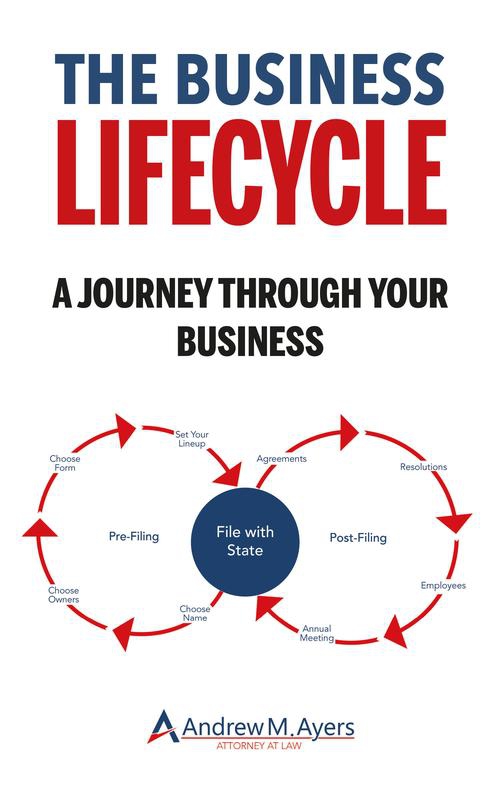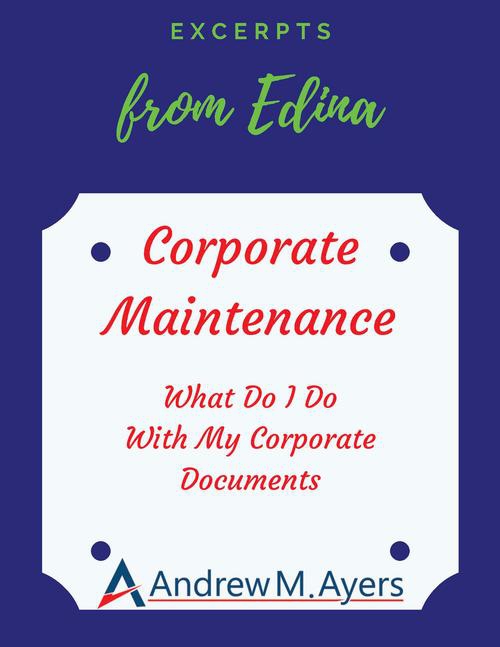 In addition to corporate resolutions, another common document that you need when starting your business is corporate minutes. These serve a variety of purposes. But at their most basic, they are used to keep a written record of the board of director meetings. Sometimes, the regulatory body in your state will need to see copies of these minutes. Your corporate binder will often have a section for you to keep the original minutes for each of your meetings.
In addition to corporate resolutions, another common document that you need when starting your business is corporate minutes. These serve a variety of purposes. But at their most basic, they are used to keep a written record of the board of director meetings. Sometimes, the regulatory body in your state will need to see copies of these minutes. Your corporate binder will often have a section for you to keep the original minutes for each of your meetings.
Most states require a C Corporation or S Corporation to keep minutes for their major meetings. Check with your lawyer to see if you are located in one of those states. If your company is an LLC however, you may not be required to keep minutes.
What Is In The Meeting Minutes?
You don’t need to hire a court reporter to take down every word that is said at your meeting. But all of the major decisions that are reached at the meeting should be recorded. There should also be enough detail in the minutes to keep a good reflection of what was the basis for the decision.
Some common information in the minutes:
- The date, time, and location of the meeting;
- Who attended the meeting;
- What items were discussed at the meeting;
- The voting results of all votes taken; and
- A notation of the time and manner of how the meeting was ended.
You can try to cobble together a form on your own. Or a better option is to spend a short time with an attorney, who can prepare a minutes form for you to use for your meetings. It’s also a good idea to have a copy of the minutes of the meeting sent to your lawyer for their file as well. These documents need to be kept available for members of the company to review and need to be kept on hand for at least 7 years.
Next Steps
If you are thinking of starting a business or already started your business and want to make sure your legal documents are in order, let's set up a Legal Strategy Session to discuss the process and what documents would be best tailored for your company.



